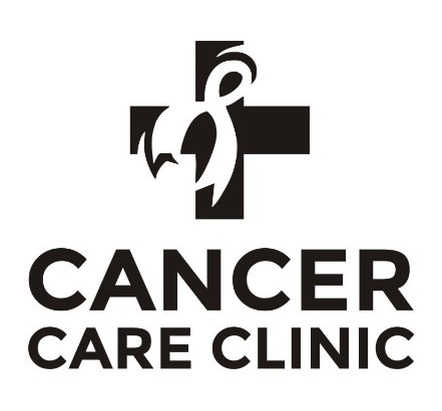Colorectal Cancer

Colorectal cancer is a malignancy that occurs in the colon or rectum, parts of the digestive system. It is one of the most common types of cancer, affecting both men and women, and is a leading cause of cancer-related deaths worldwide. The disease typically begins as benign polyps in the lining of the colon or rectum, which can become cancerous over time.
Several risk factors are associated with colorectal cancer, including age (most cases occur in people over 50), a family history of colorectal cancer or polyps, certain genetic syndromes, a diet high in red and processed meats, obesity, smoking, heavy alcohol use, and inflammatory bowel diseases like Crohn’s disease and ulcerative colitis.
Early detection of colorectal cancer is crucial for successful treatment and improved survival rates. Screening methods, such as colonoscopy, sigmoidoscopy, and fecal occult blood tests, are effective in detecting precancerous polyps and early-stage cancers. Symptoms of colorectal cancer may include changes in bowel habits, rectal bleeding, persistent abdominal discomfort, weakness or fatigue, and unexplained weight loss.
Treatment for colorectal cancer depends on the stage and location of the cancer. Options may include surgery to remove the tumor, radiation therapy, chemotherapy, targeted therapy, and immunotherapy. Early-stage cancers may be treated with minimally invasive procedures, while advanced cancers might require more extensive surgical and medical treatments.
Ongoing research is focused on improving colorectal cancer prevention, detection, and treatment. Emphasizing a healthy lifestyle, including a balanced diet, regular physical activity, maintaining a healthy weight, and avoiding smoking and excessive alcohol consumption, can reduce the risk of colorectal cancer. Regular screening is recommended, especially for individuals with higher risk factors, to detect and treat the disease at an early, more manageable stage.


